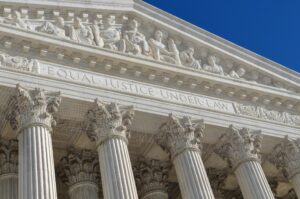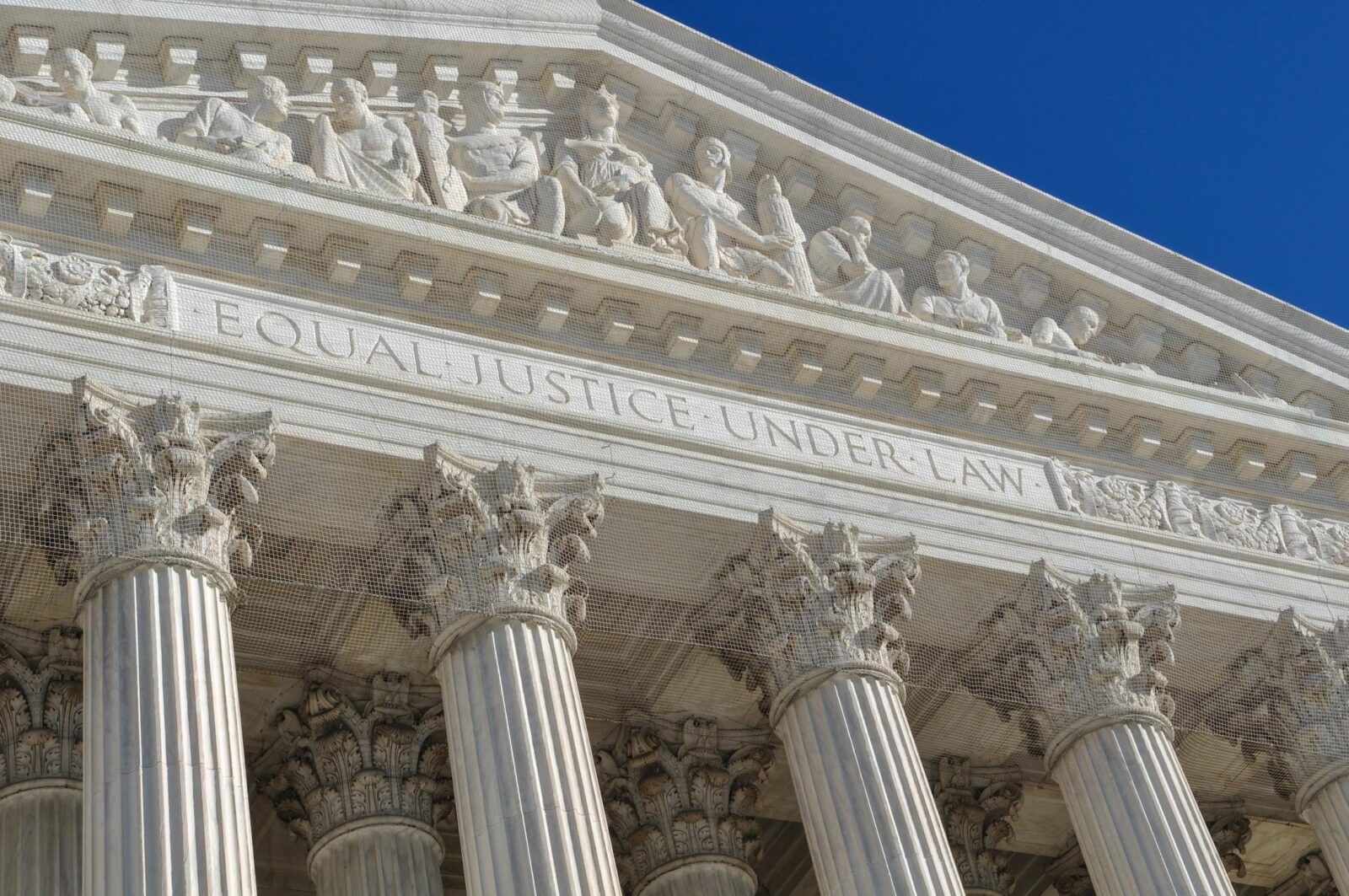 We are pleased to announce that CommunicationFIRST, the Autistic Self Advocacy Network (ASAN), the Council of Parent Attorneys and Advocates (COPAA), and six students with disabilities have successfully resolved our federal restraint and seclusion case against Fairfax County Public Schools (FCPS) in Virginia. Two of the student plaintiffs, Q.T. and J.M., have expressive communication disabilities, including the lead plaintiff, Q.T., who was restrained or secluded at least 745 times, as documented by FCPS.
We are pleased to announce that CommunicationFIRST, the Autistic Self Advocacy Network (ASAN), the Council of Parent Attorneys and Advocates (COPAA), and six students with disabilities have successfully resolved our federal restraint and seclusion case against Fairfax County Public Schools (FCPS) in Virginia. Two of the student plaintiffs, Q.T. and J.M., have expressive communication disabilities, including the lead plaintiff, Q.T., who was restrained or secluded at least 745 times, as documented by FCPS.
Q.T., et al. v. Fairfax County School Board, No. 1:19-cv-1285 (E.D. Va.), was filed in October 2019. The lawsuit alleged that the school district, one of the largest in the United States with over 178,000 students and nearly 200 schools, discriminated against students with disabilities in its use of restraint and seclusion, and violated the Americans with Disabilities Act, Section 504 of the Rehabilitation Act of 1973, and 42 U.S.C. § 1983 pursuant to the Fourth and Fourteenth Amendments to the United States Constitution.
The parties’ entered into a judicially enforceable settlement agreement yesterday, which requires FCPS to:
- Ban seclusion in all but two schools by January 1, 2022, and in all schools, including private schools where FCPS students are placed, by the start of the next school year
- Ban the use of mechanical, chemical, prone, supine, and chokehold restraints in all FCPS schools and private placement schools
- Not use physical restraints with any student who provides a letter to their school from a doctor, psychologist, or other qualified health professional stating that the use of physical restraint would be harmful to the student
- Use physical restraints otherwise only in life-threatening emergency situations and where a human faces imminent risk of serious physical harm or injury, and only after less restrictive interventions have been attempted, documented, and determined to be ineffective in stopping the imminent danger of serious physical harm
- Require staff to ensure that students who rely on sign language or augmentative and alternative communication (AAC) have their hands free during physical restraint so they can communicate, except in extreme circumstances where that is not feasible
- Ban FCPS's prior practice of requiring some students to clean up bodily fluids and feces during or after an incident of restraint or seclusion
- Retain Ukeru Systems and Dr. Ross Greene as consultants to develop a district-wide training and implementation plan that addresses student communication supports, trauma-informed practices, and the elimination of exclusionary discipline and discipline of disability-related behaviors
- Ensure that students who need AAC tools and other communication accommodations are provided them, so that students have an effective, language-based way to communicate their need for additional support
- Report each instance of restraint or seclusion on the same day to the student’s parent or guardian; and
- Issue reports to the public quarterly and annually with details on the use of restraint and seclusion in FCPS schools
A large number of victims of restraint and seclusion nationally, including two of the six individual plaintiffs in this case, are people who cannot rely on speech to be understood. In addition to the ban on seclusion and restrictions on restraint, we are thrilled that this settlement will require FCPS to do a better job of providing effective communication tools and supports for these students, including to adopt guidelines for determining when communication accommodations and services are needed for students with disabilities to avoid scenarios where restraint becomes and issue.
To our knowledge, this is the first time an effort to address restraint and seclusion in a school district has recognized the important role of student communication. We also believe this is the first time a school district has been required to address its overuse of restraint and seclusion in part by providing communication supports and accommodations to students with disabilities.
Fifteen-year-old nonspeaking autistic Q.T., the lead plaintiff in the case, commented when hearing about its successful resolution, “Hooray, no more hurt!”
Q.T.’s mother, Jennifer Litton Tidd, said, “My son was punished for his inability to communicate rather than accommodated to communicate. He wasn’t given an AAC device until the 3rd grade. But even then, there was no one in his classroom who knew how to teach him to use it. If he had been given the tools to communicate, he could have been learning in the classroom rather than locked up in seclusion 745 times.”
Amanda Mills, the parent of eight-year-old plaintiff J.M., said her son’s communication system was repeatedly taken from him when he was secluded. “They took his device and he couldn’t communicate with his words. They took his voice.”
J.M. entered kindergarten able to communicate two-word phrases on this device. After he began to be repeatedly secluded in kindergarten, he stopped being able to communicate on his device, even at home. Only now, years later, is he recovering enough from the trauma to begin again to use two words together on his device.
During the course of the litigation, federal Judge Rossie Alston, a Trump appointee, issued a biting decision dismissing the school district’s attempt to end the case. In that July 2020 decision, in finding for the plaintiffs, Judge Alston took pains to repeat in painful detail the disturbing allegations the student plaintiffs made about being restrained and/or secluded by FCPS, and the trauma and physical harm they experienced as a result. Fully one-third of this remarkable 44-page decision was devoted to repeating and giving voice to students’ traumatic experiences.
The July 2020 decision was also notable in that the judge found that the plaintiffs, all students with disabilities who have individualized education programs (IEPs) under the Individuals with Disabilities Education Act (IDEA), were not required to try to address the civil rights violations and injuries they experienced from being restrained and secluded through an IDEA due process hearing first before going to court, as FCPS had argued.
The parties’ joint press release about the resolution can be accessed here.
The parties’ proposed consent decree, which governs the use of seclusion, can be accessed here.
CommunicationFIRST, ASAN, COPAA, and the six individual plaintiffs were represented in this case by the Baltimore-based civil rights law firm Brown, Goldstein & Levy and the FH+H Firm in Northern Virginia.

